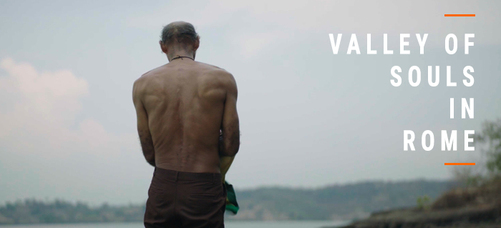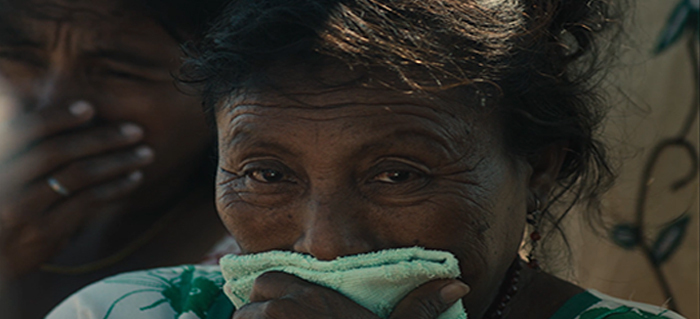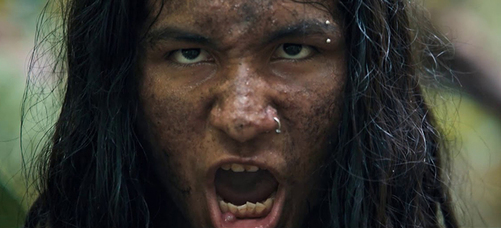
18 Colombian productions in Zurich
Pantalla Colombia No.: 092octubre 01 - 31 / 2019
The fifteenth Zurich Film Festival held between September 26 and October 6 features the section New World View: Colombia, which screens 13 feature films and five short films

Held in one of Switzerland's most emblematic cities, the Zurich Film Festival aims to present and promote new talents from around the world since its inception in 2005. The fifteenth’s edition focuses on ecology and women, both behind the lens and in front of it. It’s tribute is dedicated to Colombian filmmakers. Georg Bütler, festival programmer and expert on Latin American cinema, said that the New World View section took into account the excellent harvest of the last five years of Colombian cinema. "The reason we have focused on Colombia this year is that there are so many excellent films to discover," says Bütler.
Thirteen feature films represent Colombia: Amazona (2017) by Clare Weiskopf; Bad Lucky Goat (2017) by Samir Oliveros; The Embrace of the Serpent by Ciro Guerra; Between Sea and Land (2016) by Manolo Cruz and Carlos del Castillo; The Dragon Defense (2017) by Natalia Santa; Land and Shade (2015) by César Acevedo; Lapü (2019) by Juan Pablo Polanco and César Alejandro Jaimes; Litigante (2019) by Franco Lolli; Days of the Whale (2019) by Catalina Arroyave; Killing Jesus (2017) by Laura Mora; Monos (2019) by Alejandro Landes; Wandering Girl (2019) by Rubén Mendoza; and Guilty Men (2016) by Iván D. Gaona.
The selection of short films included Carlos Sánchez's Pichirilo (2017); Juanita Onzaga's The Jungle Knows You Better Than You Do (2017); Juan Sebastián Mesa's Tierra Mojada (2017); Laura Huertas Millán's El Laberinto (2018); and Spiros Stathoulopoulos' Killing Klaus Kinski (2016).
For this special program of critically-acclaimed features and shorts, the selected productions point to themes of diversity, portraying "different regions and realities, as well as a variety of directors with their multiple ways of making films," says Bütler. These parameters were taken into account when putting together the program, which seeks to reflect the plurality of Colombian cinematography.
"Colombian cinema is young. Most of the people who work in it are young and that renews it constantly. Even more so, it means that it can propose narratives that can renew cinema in general," adds director Ciro Guerra, who also presented his first English-language film Waiting for the Barbarians, which stars Johnny Depp, out of competition.
Producer Andrés Gómez (Bad Lucky Goat) highlighted, from the Swiss capital, the fact that the selected productions were made by young people. It shows that "national cinema is having a moment," a path prepared, in his opinion, by previous generations of Colombian filmmakers. "They allow us today to make films in quantity and quality."
Finally, Franco Lolli (Litigante) remarks that the new Colombian cinema was born thanks to the Cinema Law (Law No. 814-2003). Progress is evidenced by the number of directors who currently propose different visions of the world through their films that are "wider and, in some way, freer. In general, European audiences respond well to Colombian cinema," says Lolli, "and now better than ever because many people have opened many paths.”
Más noticias


